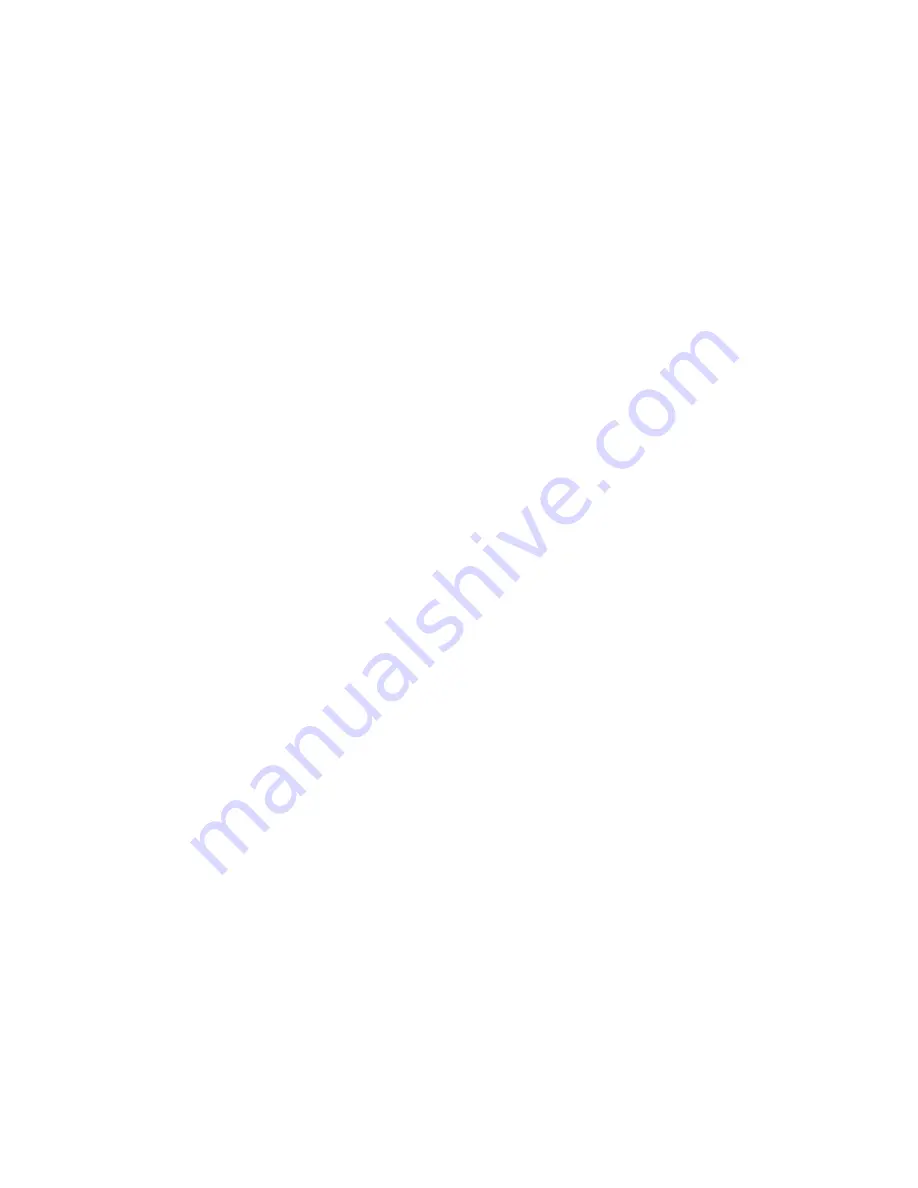
Ripstation Pro Main User Guide
100-5-01-000
Ripstation Pro – User Manual
Page
29
of
43
•
Client Name
- Key in the client name (required) and a folder will be created of
the same name inside the default output path folder where all encoded audio
files will be placed.
•
Output Formats
– Displays the CODECs to be used for ripping. To enable a
CODEC to be used, highlight (by the blue bar) the CODEC in the display and
check the ‘Use’ tick box on the left.
•
[ADD]
Click Add to add an output codec to the output list.
•
[EDIT]
Click Edit to edit this Codec's settings. This will open a dialog in order to
configure the codec settings including bit rates and VBR/CBR options (see section
4.5.2).
•
[DELETE]
Click Delete to remove the codec from the output list. Only codecs
that are checked will be used.
•
Force default filenames
should only be checked if multiple formats are being
encoded to. This will prefix the codec name above the album name – e.g.
C:\Root\clientname\MP3\
•
Use this output path
- when checked will force the program to use this path
as the root location for all files and will override the setting within each codec.
•
Unicode ID3 tags
is defaulted to ‘on’ as standard.
•
Copy Data Tracks
- Copy data tracks option introduced to copy data CDs as
part of the batch process.
•
Audiofiles only
-
Audio files only option filters out non-audio files by only
copying the following:
*.mp3
*.wav
*.flac
*.aac
*.wma
•
Make a duplicate copy of output files here
– This will place a copy of the
ripped files to the specified location
•
[Start Batch]
closes this screen and starts the batch process.
NOTE: Codec and path settings will be stored from session to session, for a quick
batch simply key in number of CDs and check the codec.
4.5.2 Codec Settings
Ripstation Pro ships with a number of standard CODEC options pre-configured.
However CODECs may be added or deleted and the settings for the MP3, WMA, AAC and
OGG CODECs may be modified.
•
To add a new codec, click the
[Add]
button in the Batch Properties dialog box.
The New Output dialog will appear as in figure 4.16





























